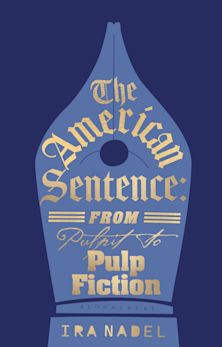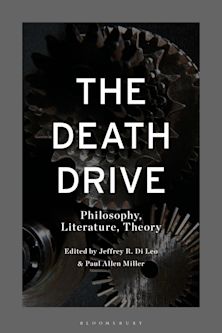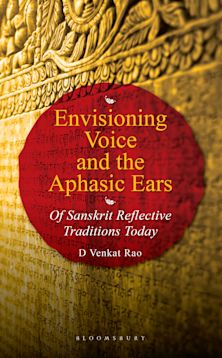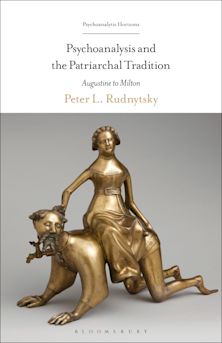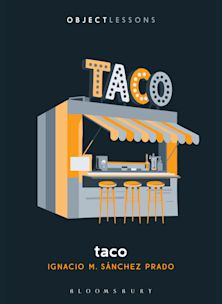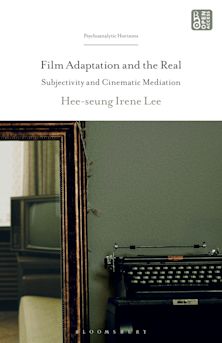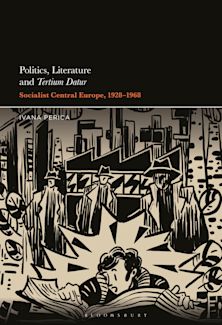- Home
- ACADEMIC
- Literary Studies
- Literary Theory
- The Anti-Gallows Movement in Antebellum Literature
The Anti-Gallows Movement in Antebellum Literature
Cesare Beccaria, Montesquieu, and Republican Criminal Justice Reform 1772-1862
The Anti-Gallows Movement in Antebellum Literature
Cesare Beccaria, Montesquieu, and Republican Criminal Justice Reform 1772-1862
This product is usually dispatched within 1 week
- Delivery and returns info
-
Free CA delivery on orders $40 or over
You must sign in to add this item to your wishlist. Please sign in or create an account
Description
The Anti-Gallows Movement: Cesare Beccaria, Monetesquieu, and Republican Criminal Justice Reform in Antebellum Literature 1772-1862 examines the development of anti capital punishment sentiment in antebellum American Literature. Legal and philosophical debates over the effectiveness of capital punishment and penal reform have played a significant role in American civic and political life since the republican rejection of the Monarchy and oppression during the Revolution. In the late eighteenth and early nineteenth-century United States, criminal narratives, and literature in the form of the execution sermon, the gothic novel, the historical romance, autobiographical testimony, and the African American slave narrative informed the citizenry about the public abuse of convicted criminals on the gallows stressing the need for enlightenment legal reforms, such as the creation of penitentiaries, solitary confinement, and private execution behind prison walls. Humane reformers and activist authors such as Samson Occom, Henry Channing, Charles Brockden Brown, James Fenimore Cooper, Herman Melville, Nathaniel Hawthorne, Frederick Douglass, Austin Reed, and Margaret Fuller, proposed sympathetic alternatives to the spectacle of the gallows. As social reformers, influenced by the Enlightenment anti-capital punishment philosophy of Cesare Beccaria and the French Jurist Montesquieu, antebellum American authors argue that capital punishment in the form of hanging on the scaffold is incompatible with the natural right of Americans to social justice and criminal reform.
Table of Contents
Republican Legal Discourse and Anti-Gallows Sentiment in the Long Eighteenth Century
Chapter Two
Incarceration, the Penitentiary, and the Prevention of Recidivism: Republican Justice and Anti-Gallows Reform in Dr. Benjamin Rush’s “An Enquiry into the Effects of Public Punishments” (1787), The Account of Murder by Mr. James Yates (1781), and Charles Brockden Brown’s Wieland or The Transformation (1798)
Chapter Three
The Republican Anti Gallows Protest of the Execution of Major John André in the Federalist Dramas of William Dunlap André (1798) and The Glory of Columbia Her Yeomanry (1803) and James Fenimore Cooper’s The Spy: A Tale of the Neutral Ground (1821)
Chapter Four
Hawthorne’s Ecological Spaces of Moral, Spiritual, and Criminal Reform: The Gallows, The Prison, and The Penitentiary in The Scarlet Letter (1850) and The Blithedale Romance (1852)
Chapter Five
Herman Melville’s Republican Anti-Gallows Protest: Billy Budd Sailor and the unfulfilled Criminal Reforms of the Eighteenth-Century American Enlightenment
Chapter Six
Captain Lynds’s Lash: Prison Slavery and the Auburn Silent System in Austin Reed’s The Life and the Adventures of a Haunted Convict
Chapter Seven
Breaking the Backs of Sailors and Slaves: Flogging, Corporal Punishment, and the Lash in the Anti-Gallows Writings of Herman Melville and Frederick Douglass
Product details
| Published | Feb 19 2025 |
|---|---|
| Format | Hardback |
| Edition | 1st |
| Extent | 302 |
| ISBN | 9781666912524 |
| Imprint | Lexington Books |
| Dimensions | 229 x 152 mm |
| Publisher | Bloomsbury Publishing |
About the contributors

ONLINE RESOURCES
Bloomsbury Collections
This book is available on Bloomsbury Collections where your library has access.












